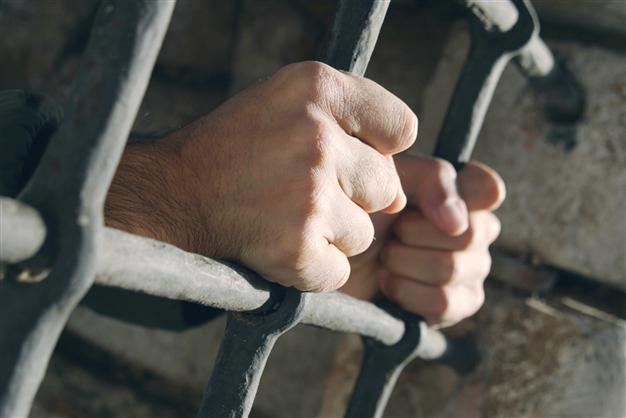Taiwan harvests organs from executed inmate: media
TAIPEI - Agence France-Presse

Hurriyet photo
A hospital in Taiwan harvested organs and other body parts from one of six executed death row inmates, in a controversial procedure that could help five patients, local media reported Sunday.Taiwanese authorities executed six death row prisoners Friday, the largest number to be put to death in one day in recent years, amid an ongoing debate about the maintenance of capital punishment.
Three inmates had agreed to donate their organs but doctors only harvested material from one of them, the United Daily News said.
Chen Chin-huo, convicted of murdering a woman and cooking her flesh, had his liver, two kidneys, corneas and bone removed, the newspaper reported. "The donation will benefit at least five patients waiting for transplanting of organs," it said, without identifying the hospital where the procedure took place.
The Kaohsiung Chang Gung Memorial Hospital in the south refused to harvest organs from a second inmate.
Lin Hsin-yi, of the Taiwan Alliance to End Death Penalty, told AFP that death row inmates had to give consent for their organs to be removed but that some doctors refused to perform such operations.
"Unlike the people who die of illnesses or killed in accidents, the inmates have their lives taken by force," she said.
"As doctors need to race against time, the inmates are sent to the hospital as soon as possible after execution.
"Against that backdrop, some doctors may feel they are removing organs from people who are still (medically) alive." The justice ministry did not reveal how the six inmates were executed Friday but usually death row convicts in Taiwan are put to death with a bullet to the head.
Taiwan is one of the few countries where organ harvesting from death row inmates is allowed.
Taiwan executed five prisoners in March 2011 and four in April 2010. The 2010 executions were the first after a hiatus that had lasted since 2005.
The death penalty debate reignited in Taiwan after the playground murder of a 10-year-old boy whose throat was slit.
Following reports suggesting the 29-year-old suspect was allegedly looking forward to free board and lodgings in jail, angry protesters gathered at the justice ministry demanding the island's death row inmates be executed.
The debate has also been fuelled by the 1997 execution of a soldier wrongly convicted in a child murder case.
















